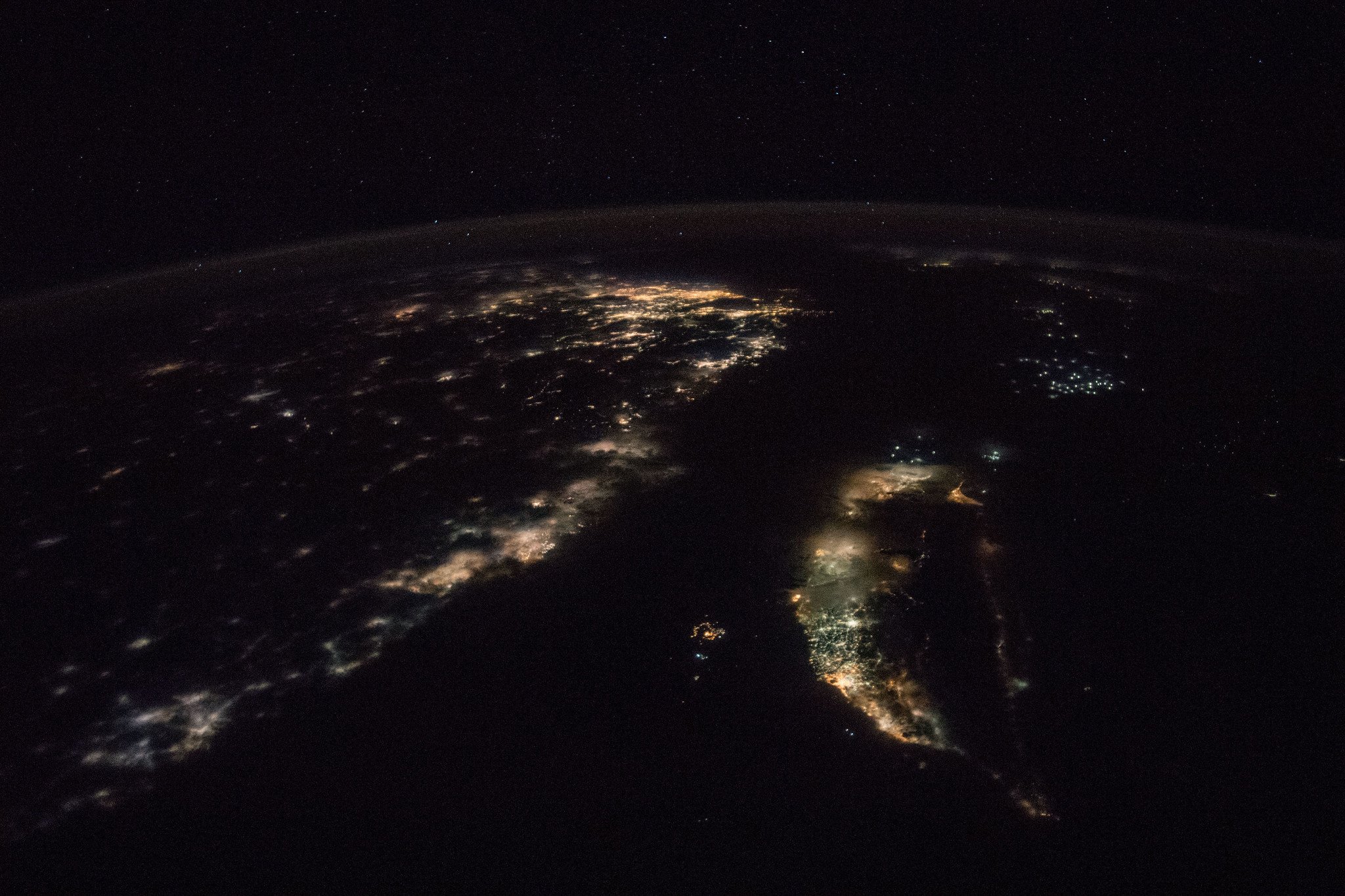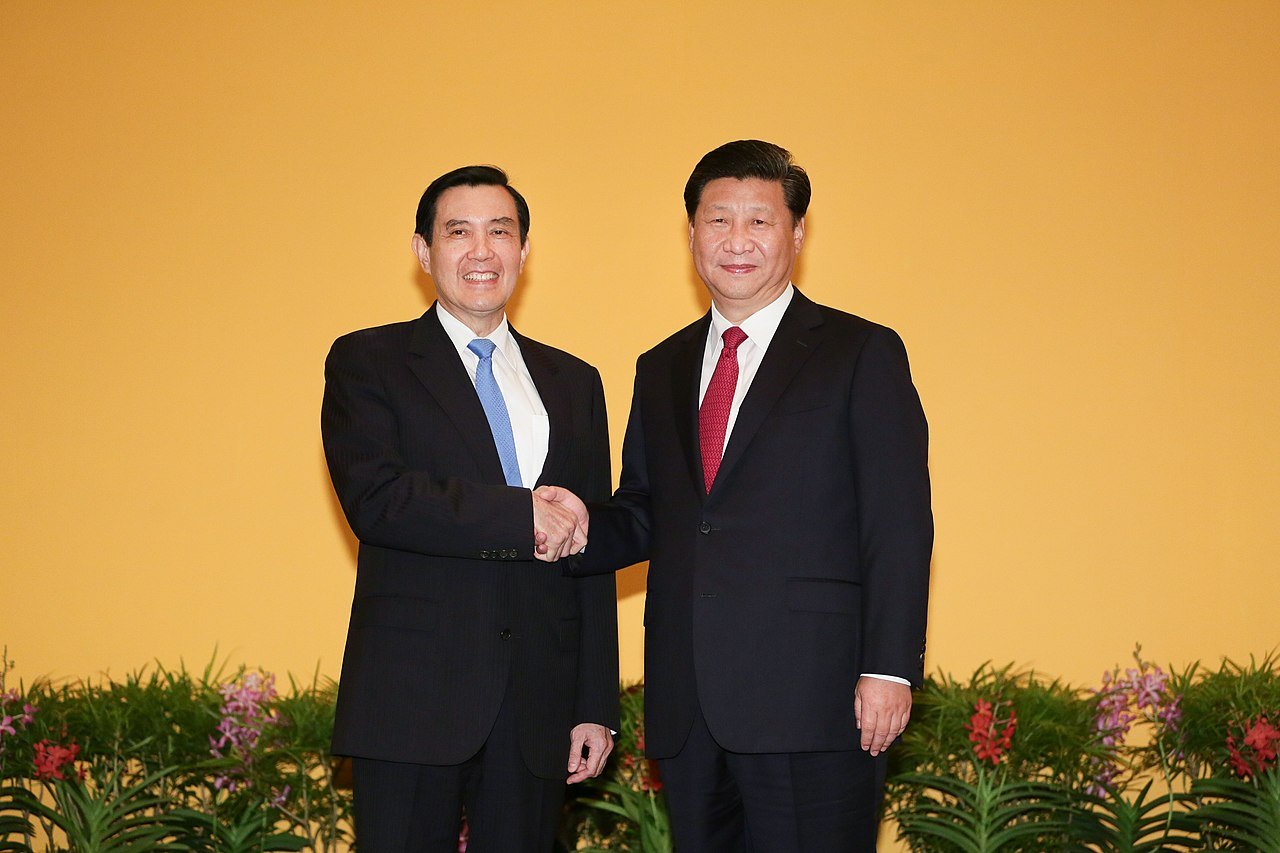Story at a glance…
-
Many of Taiwan’s key allies likely will not support the island in defending itself against China.
-
Taiwanese officials rebuke US rep. comments that the country would blow up key industries to make the island not worth holding for the Chinese.
-
With presidential elections in 2024, candidates are tackling some of the highest tensions in the island’s history, and a potentially dysfunctional military.
ITALY, May 11th, 2023. The next five years present huge challenges to the government in Taiwan, as they struggle with uncertain allegiances, a potential conflict with mainland China, an uncertain national defense policy, and presidential elections.
Since about the time that Donald Trump took office, the Democratic Progressive Party (DPP) which holds the presidency of Taiwan has enjoyed broad popular support following political unrest in Hong Kong, increased military aid from the United States, and growing calls for Taiwan to be included in multilateral organizations such as the World Health Organization.
Now, following widely-publicized war games that predicted annihilation for Taiwan in the event of a US-led defense of the island in the face of Chinese invasion, a change in political winds toward the opposition party, ambiguous stances from the island’s close allies, and the similarities between a potential war with China and the current the war in Ukraine, mean the country is facing the choppiest political waters since the Taiwan Straits Crisis in 1958.
On May 4th, speaking from Taiwan to reporters in Australia, Minister of Foreign Affairs Joseph Wu said that it is currently unclear which countries might stand beside it in the event of an attack, with the Taipei Times noting that Australia and Japan, two of their closest allies in the region, maintain deep strategic ambiguity.
“A lot of people are debating strategic ambiguity or strategic clarity, but to us, we know our own responsibility,” Wu said. “Taiwan has to defend itself, the people have to defend Taiwan, this country, and we are determined to defend ourselves and we are not asking other countries to fight for Taiwan”.
One really sympathizes with the man and his administration. The population of Taiwan is just 23 million people, while China’s is 1.4 billion. China maintains the world’s second-largest military and is Taiwan’s largest trading partner, along with the largest trading partner of Japan and Australia.
Furthermore, the armed forces of Taiwan suffer from severe staffing problems. More on that later.
Lastly, there may be a sense in the DPP’s ranks that their guarantor, the USA, may not be the ally they need after all.





